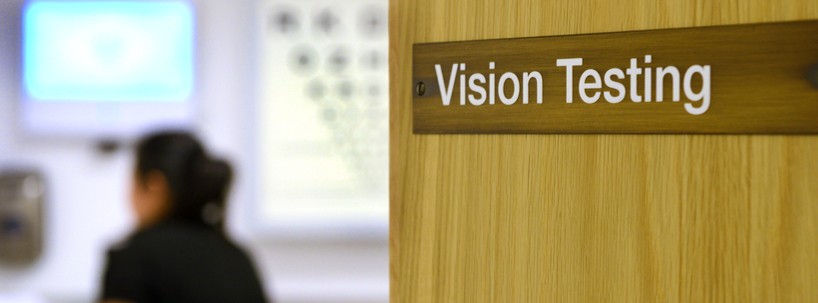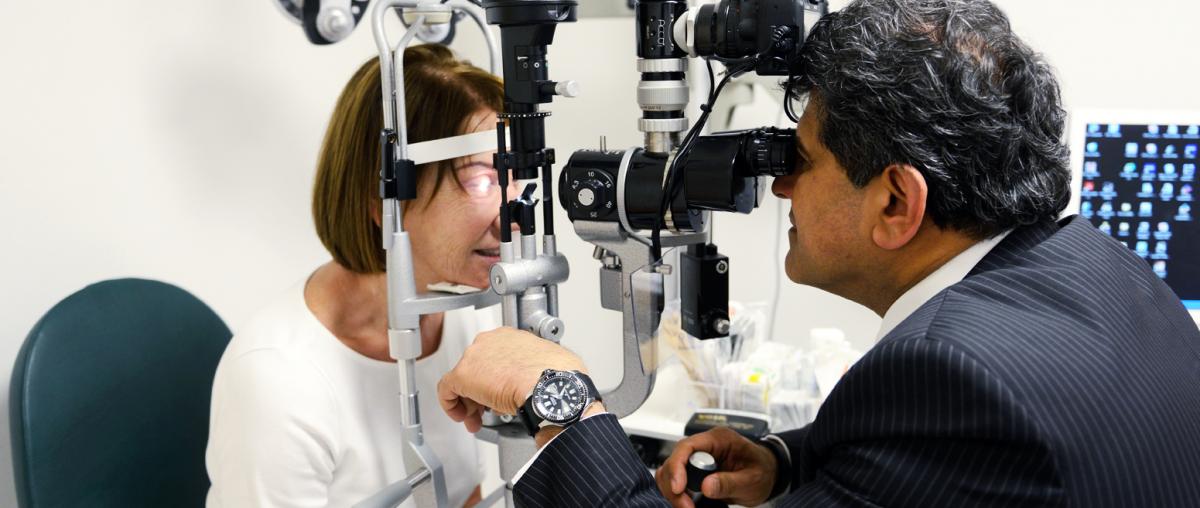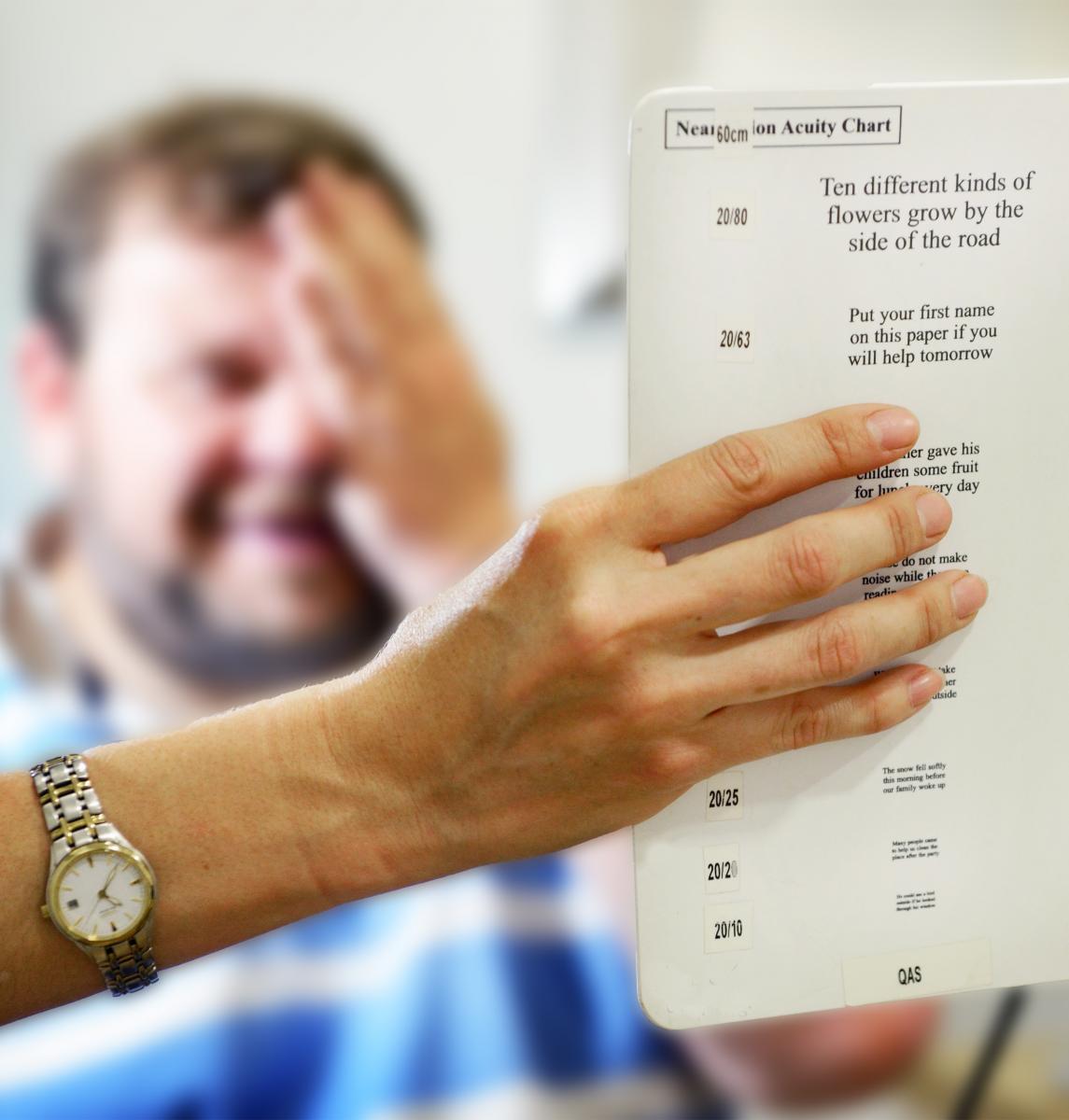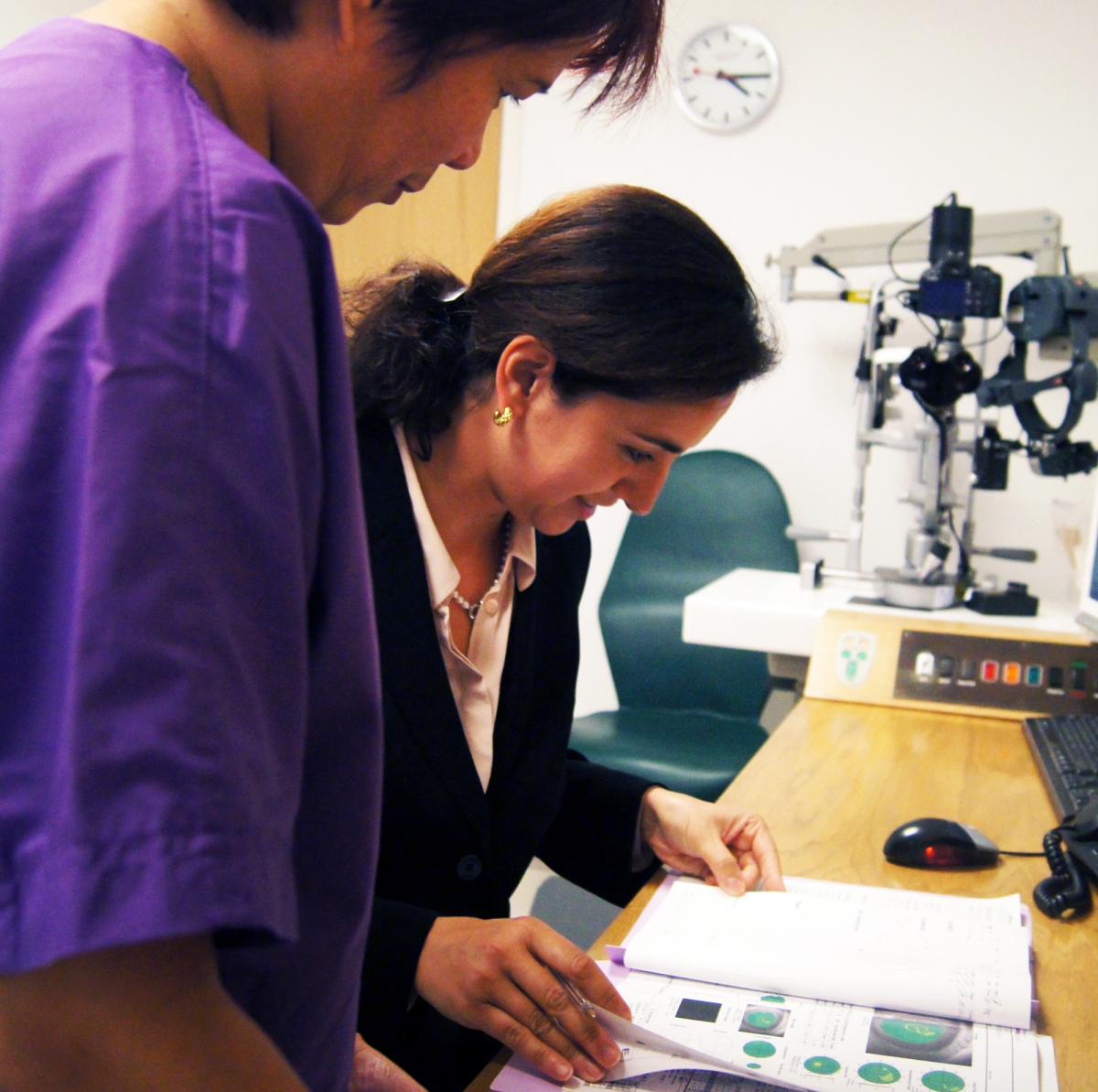Eye Exams: When, Why and Where

When was the last time you visited your optometrist or ophthalmologist?
Many people believe their vision is just fine, causing them to neglect their eye health. The General practitioner, as well the dentist are seen as essential elements of health, and to add to that list the optometrist.
According to the NHS, nearly 3 million people in the UK wear contact lenses, and many may be wearing the wrong prescription as they have not had them checked regularly. Even more shockingly nearly 2 million people in the UK are living with low vision. This emphasizes the need for an eye exam.
When Should I Get an Eye Exam?
The average number of eye conditions a 40 year old has is 1, 65 year olds 2 conditions and an 80 year old – 3 conditions. Eye care experts around the world recommend that you get a comprehensive eye exam every one or two years. How often depends on a few factors, such as age and whether or not you wear corrective lenses or have any eye conditions.
If you are unclear about a specific condition, look at “Eye Conditions” to see if you are affected by any on the list.

Children
Eye exams are especially important for children, since their vision can affect how they experience and perform in their daily life. In fact, 80 percent of classroom learning is visual and poor vision can adversely affect their education. Eye problems can thus affect their learning, making regular eye exams for children essential.
Children need to have their first eye exam at six months of age, according to the American Optometric Association (AOA). If the child’s vision health is satisfactory, your optometrist may recommend eye exams every two years or earlier if the child has noticeable problems like looking at the blackboard or if they develop a squint.
Squints need rapid attention to prevent visual loss from a “lazy eye” or amblyopia.
Getting to adulthood, mom is no longer there to remind you to get that important eye exam. This simple neglect can contribute to the 2 million people in the UK who have poor vision.
It is recommended that adults between the ages of 18 to 60 get regular eye exams every two years. Those of you over 61, should see your optometrist every year. Your eye health and general health will also dictate how often you need an examination.
Why are Eye Exams so Important?
Eye exams are an essential part of you preserving what you take so much for granted. It is only when you lose your vision that you notice a problem and by then it may be too late. Regardless of age or physical health, focusing (excuse the pun) on your eye health is vital. Regular eye exams will not only let you see the world in a whole new way, they will also protect you from vision loss.
Optometrists at your local opticians don’t just evaluate you for new eyeglasses or contact lenses. A very important eye examination is performed where they look into your eyes with a slit lamp microscope, making sure there are no problems such as cataract, they measure pressures to rule out glaucoma and they also examine the back of your eyes, your retina to make sure it is healthy with no macular degeneration, retinal tears, detachments or tumors.
In addition to looking for common and serious eye conditions, sometimes problems with their rest of the body show up in the eye and optometrists can be the first to spot chronic systemic diseases like high blood pressure and diabetes.

Where Should I Go for my Next Eye Exam?
When scheduling your next eye exam, it is important to understand the different kinds of eye care professionals. Ophthalmologists, optometrists and opticians all represent eye care professionals, however, choosing the right one depends on your eye care needs.
Ophthalmologists are medical doctors who have been through the rigmarole of full medical training and then specialized on eye diseases and surgery. They are the final port of call when there is a serious eye problem.
Optometrists are professionals who have had extensive training on the eye and evaluate the eye and often provide first line of treatment for a number of conditions such as dry eye. They also monitor progression of conditions like cataract and involved in shared care schemes to look after conditions like glaucoma and diabetes.
Opticians are also eye care providers who specifically deal with fitting glasses and contact lenses.

Eye examinations are important and should be performed regularly. Your local optometrist is the first person to see and in more cases than not, you will be a given a clean bill of eye health. Continuity of care – in other words if possible seeing the same optometrist regularly is very useful. If there is anything of concern you may be referred to an ophthalmologist for their opinion.
Don’t forget to have your eyes checked and if it has been more than two years – don’t wait – make an appointment now!
Author Information
Authored by Sheraz Daya MD FACP FACS FRCS(Ed) FRCOphth, Consultant Ophthalmic Surgeon & Medical Director, June 2019.
Next review due June 2020.
